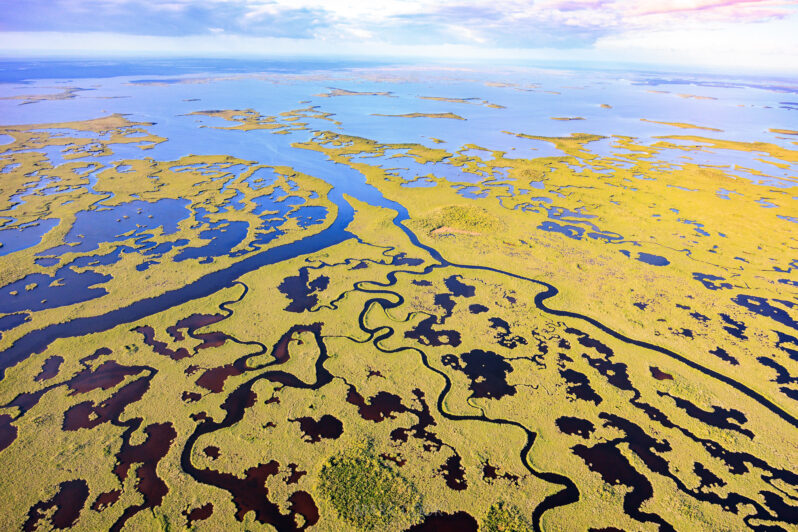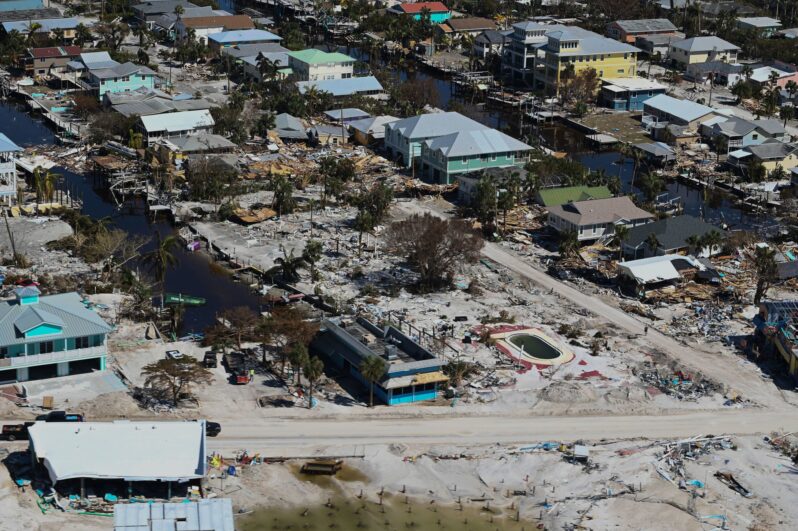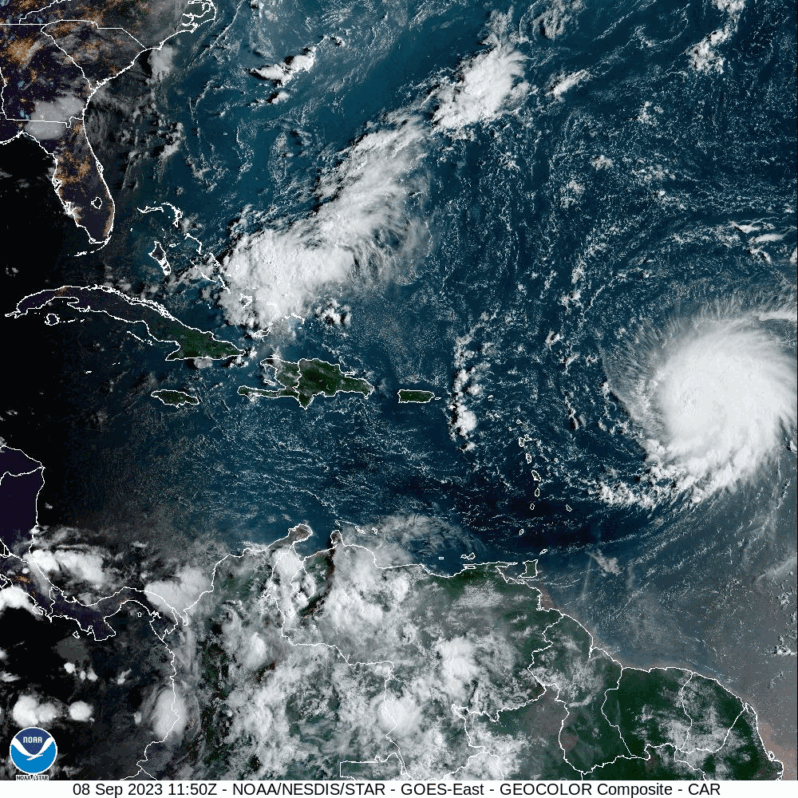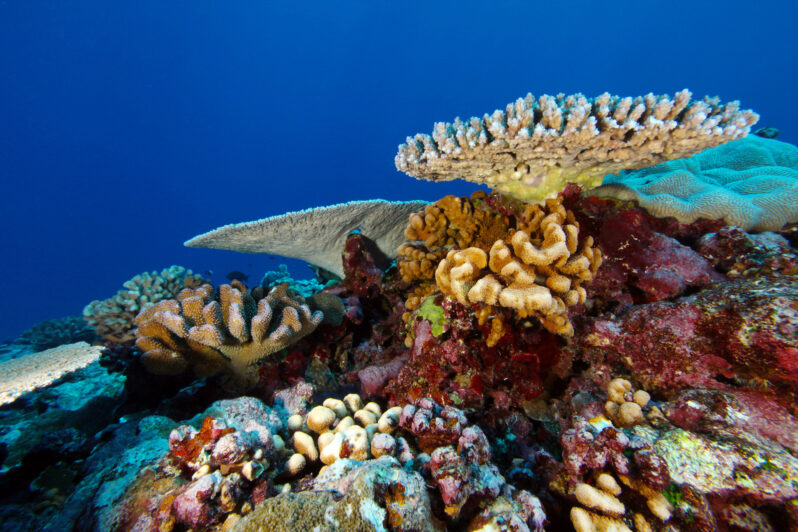It’s Not Just Coral. Extreme Heat is Weakening Entire Marine Ecosystems in Florida – Grist Magazine

Anemones, sponges, and jellyfish are bleaching throughout the Everglades amid record temperatures. It’s a troubling sign for Florida Bay and beyond.
For Sanibel, the Recovery from Hurricane Ian Will Be Years in the Making – Inside Climate News

Few images of Hurricane Ian’s destruction in Florida a year ago this week were more indelible than those of the swamped causeway here, the only link between the mainland and barrier island where this small beach community is located…
From Jane to the Octonauts, Children’s TV is Taking on the Climate Crisis – Grist Magazine

Olivia Dreizen Howell wasn’t seeking out a climate lesson when she and her kids, aged 7 and 9, tuned into Molly of Denali, a popular children’s show on PBS. But there it was: Molly, a 10-year-old Alaska Native and vlogger from the fictional village of Qyah, goes with her friends to visit an old clubhouse. Upon arriving, they find it has begun to sink into the ground. The episode, “Not So Permafrost,” follows Molly as she uncovers why her refuge is sinking in the first place. It served as an unexpected opening for Dreizen Howell and her family to discuss the climate crisis…
Comedians made some hilarious jokes about climate change. Were they right? – the Washington Post

Comedy is a lot like dumpster diving. You look at things in a different light than most people.
Stand-up comedians have long cast an amusing lens on our society, crafting observations about everything we might encounter, such as family, divorce, travel, a second divorce, pets and, more recently, climate change….
A First: Category 5 Storms Have Formed in Every Ocean Basin this Year – the Washington Post

Hurricane Lee intensified with breakneck speed Thursday over record-warm Atlantic waters, its peak winds catapulting from 80 to 160 mph in just 18 hours. Lee is now a top tier Category 5 hurricane, according to the National Hurricane Center, and will probably strengthen even more…
Can video games change people’s minds about the climate crisis? – the Guardian

A new wave of game makers are attempting to influence a generation of environmentally conscious players. Will it work, and is it enough?….Terra Nil, the video game that Alfred has been developing since 2019, is a response to these terrifying events. Dubbed a “city-builder in reverse”, it foregoes the consumption and expansion of genre classics such as Civilisation and SimCity to paint a picture of environmental restoration. Starting with arid desert, it’s up to the player to rewild a landscape using various technologies – a toxin scrubber, for example, or a beehive…
One way to save coral reefs? Deep freeze them for the future – NPR

Ocean temperatures have been extremely hot this summer, wreaking havoc on some of the world’s highly vulnerable coral reefs. With marine heat waves only expected to get worse as the climate changes, scientists are increasingly focusing on an emergency plan: collecting coral specimens and safeguarding them onshore….
Hip hop has been a climate voice for 50 years. Why haven’t more people noticed? – Grist Magazine

“People have spent time bobbing their heads to our stories of this despair and not seeing it as a call to action…”
Hip hop’s relationship to the environment, both in terms of lyrics and political activism, goes back to its very beginning, when smoke from apartment fires blackened the skies of the 1970s South Bronx. And yet its role in advocating for climate solutions has largely gone unnoticed…
Sorry, Honey, It’s Too Hot for Camp (Podcast) – Atlantic Radio

Summer is getting too hot and dangerous, killing the childhood of our imaginations.
A heat dome in Texas. Wildfire smoke polluting the air in the East and Midwest. The signs are everywhere that our children’s summers will look nothing like our own. In this episode, we talk with the climate writer Emma Pattee about how hot is too hot to go outside. The research is thin and the misconceptions are many—but experts are quickly looking into nuances of how and why children suffer in the heat, so we can prepare for a future that’s already here…
